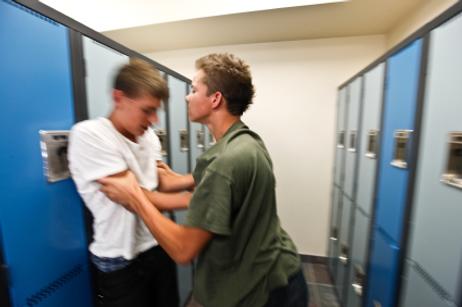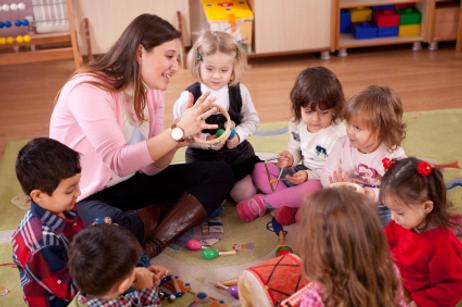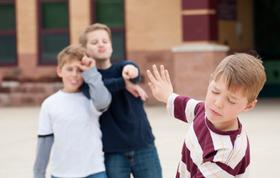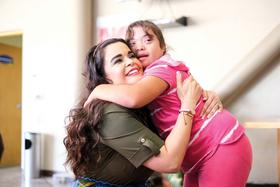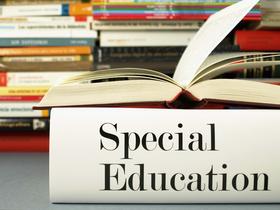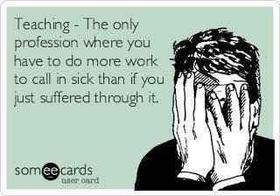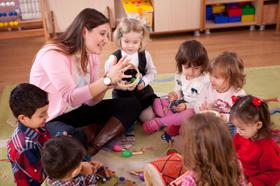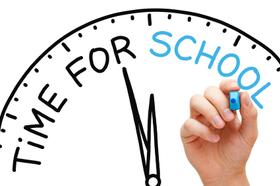According to recent studies, boys are three to four times more likely to engage in bullying-type behaviors than girls. While traditionally, the focus on resolving bullying issues has been geared towards interventions with male students, public schools are now realizing how girls too may be engaging in as much, and often more, bully-related activities that are often overlooked by administrators, teachers, and parents.
As educator Renee Wilson-Simmons supports, “Until recently, the word bully usually conjured up an image of a boy bigger and stronger his age, who knocked kids around, demanded money and ‘favors’ […] Today, the public is less likely to assume bullying is the sole province of boys, as the media have reported on increases in official rates of female arrests for assault, weapon carrying, and gang activity.”
This video examines female bullying.
As investigators are studying how girls bully each other, experts are working with public schools to help all students, regardless of gender, find alternatives to these negative behaviors.
The Rise of Female Bullying
How the Actions are Ignored
As Renee Wilson-Simmons reveals, the stereotype of bullying has been traditionally based on the concept that boys only harass other boys. As investigators engage in more research, however, experts are discovering that girls too often act as powerful bullies; however, their bullying behavior is overlooked due to the often quiet and passive negative actions that are associated with these activities.


